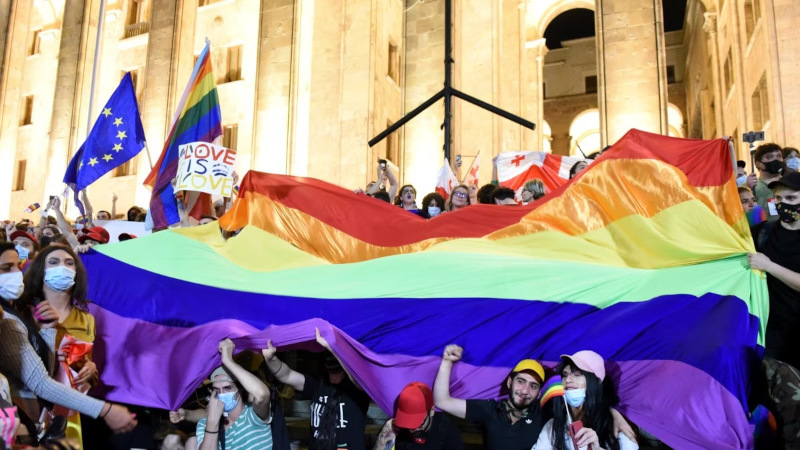Georgia‘s path to European Union membership seems to be going downhill: the country's aspirations to finally free itself from Russian influence, and anchor itself to the West, had seemed on the verge of being realised in December 2023, when the EU granted the Caucasus republic candidate status.
However, a series of measures adopted in recent months by the government, led by the national-populist Georgian Dream party (ქართული ოცნება, GD), have caused a setback.
The first of these measures was the so-called "foreign agents" transparency law inspired by the law adopted by Moscow to suppress Russian civil society. Nicknamed the "Russian law", this text qualifies as "foreign agents" any organisation that receives more than 20% of its funding from abroad, and imposes heavy bureaucratic requirements and equally heavy sanctions, effectively limiting the organisation's action. The law was approved by parliament in mid-May despite protests that drove tens of thousands of people into the streets of Tbilisi and other cities. In reaction, the EU suspended Georgia's accession process on 27 June.
Against “LGBT propaganda”
On the same day, Georgian deputies approved in first reading another Kremlin-inspired text, the so-called law against "LGBT propaganda" and for the "protection of family values and children". The measure bans same-sex marriage, the adoption of children by people who are not heterosexual or who do not identify with their birth sex, as well as interventions aimed at gender reassignment.
In addition, the law bans all public gatherings that promote same-sex relations and identification with a different sex, as well as the dissemination of information on the subject (including films or other cultural productions). The penalties against such "LGBT propaganda" include fines of up to 5,000 lari (about €1,660 euro), a significant sum in a country where the average salary is about 1,600 lari (about €570).
Do you like our work?
Help multilingual European journalism to thrive, without ads or paywalls. Your one-off or regular support will keep our newsroom independent. Thank you!
















